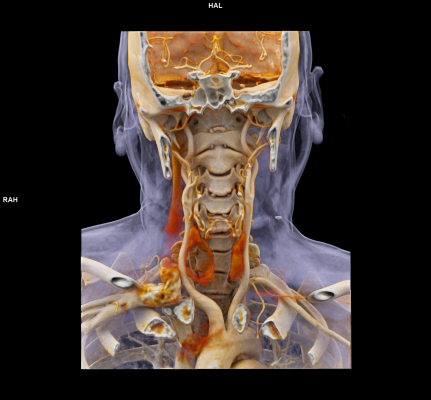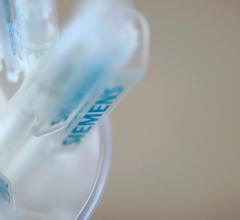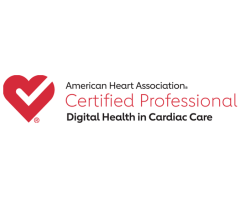
January 5, 2022 – A cost-effectiveness model based on peer-reviewed sources suggests that although five-year costs for transcarotid artery revascularization (TCAR) were higher than those for carotid endarterectomy (CEA), TCAR afforded greater quality-adjusted life years (QALY).
The study is published in the December 2021 issue of the Journal of Vascular Surgery.[1]
Stroke is the fifth leading cause of mortality in the United States, accounting for one in every 19 deaths. Carotid artery disease causes up to 20% of strokes. Since its development in the 1950s, carotid endarterectomy has been the “gold standard” surgical therapy for the treatment of carotid disease. With the advent of endovascular technology in the 1990s, carotid angioplasty and stenting (CAS) emerged as an alternative mode of revascularization.
According to principal author Mahmoud Malas, M.D., from the University of California, San Diego, “TCAR was developed to address the deficiencies associated with both CEA and TFCAS. Several studies have shown that TCAR has one-half the stroke rate of TFCAS. Further, it has similar stroke and death outcomes compared with CEA while reducing the incidence of cranial nerve injury and myocardial infarction.”
“Although the clinical benefits of TCAR have been clearly established, there is little data comparing its cost-effectiveness with CEA,” continues Malas. “The purpose of this study was to compare the quality of life, efficacy, and cost-effectiveness among patients undergoing TCAR versus CEA.”
As reported in JVS, the San Diego group led by Malas created a model that simulated the outcomes of 10,000 symptomatic patients undergoing either TCAR or CEA. QALY was defined as the product of time and patient quality of life (scale 0-1). Cost-effectiveness was assessed with an incremental cost-effectiveness ratio (ICER) calculated as the incremental costs divided by incremental QALYs. Cost-effectiveness was defined as an ICER <$150,000/QALY.
The team found the 5-year costs per procedure to be $8,821 per 2.85 QALY for CEA and $19,154 per 2.92 QALY for TCAR.
The calculated ICER for TCAR was $152,229 over five years. Based on a nationally accepted standard used by the authors, TCAR was considered cost-effective 49% of the time.
“The present study utilizes microsimulation models to compare the cost, efficacy and cost-effectiveness of TCAR versus CEA in symptomatic patients," said Malas, in discussing the study results. "Although the five-year costs for TCAR were approximately $11,000 greater than those for CEA, it afforded greater QALYs and may be cost-effective in the long term.”
New technology in patient care may be associated with a significant cost when introduced. It is likely the clinical benefits of TCAR will also prove to be cost-effective as the use of the procedure becomes more common and its costs gradually decrease.
For more information: www.vascular.org
Find more carotid stenting news
Reference:


 November 14, 2025
November 14, 2025 









